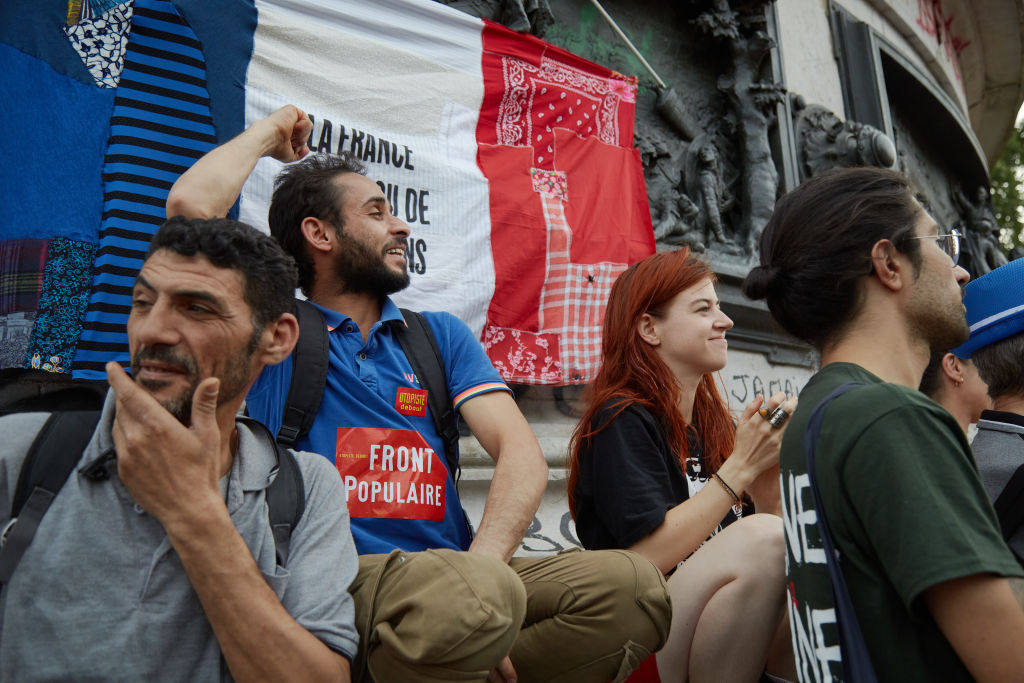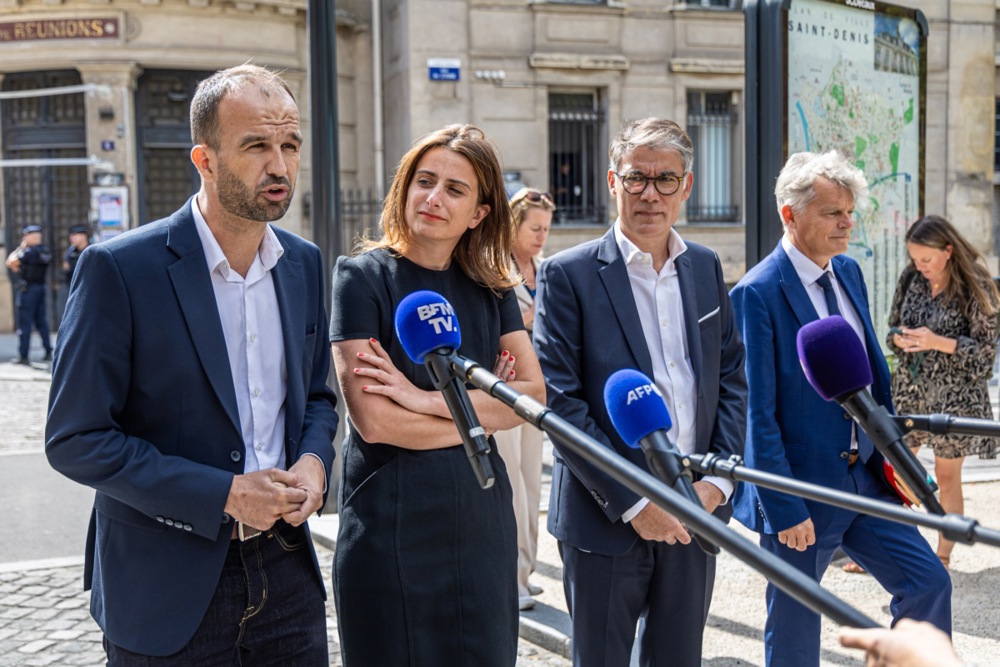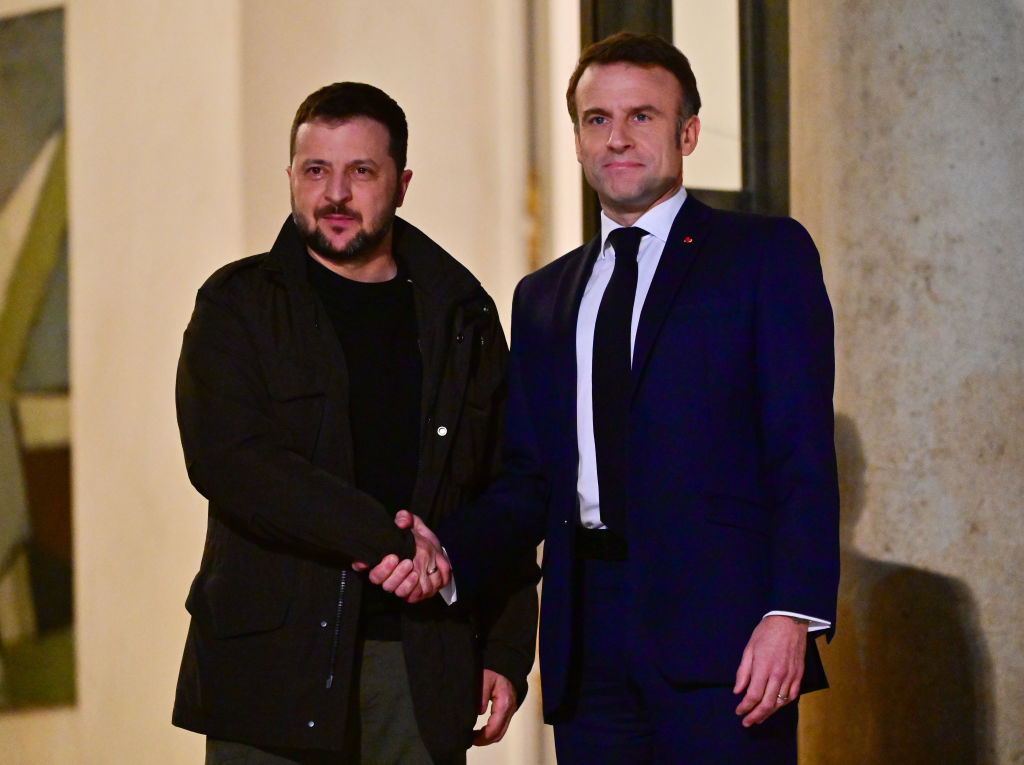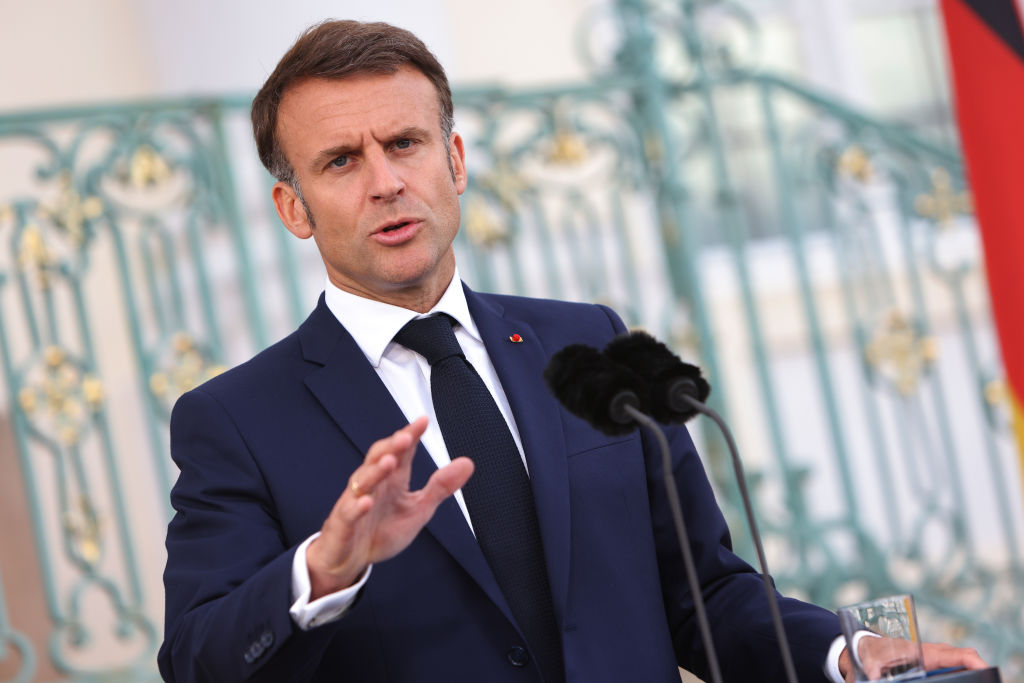Russian and Iranian “influence” networks have targeted voters using multiple tactics amid the ongoing French elections, it was reported.
US cyber-security and intelligence company Recorded Future said the networks were however “having a negligible impact on shaping public opinion and voters behaviour” on the national ballot, in its report published on June 28.
The attacks are co-ordinated, it said, with two main strategies: The promotion of pro-Russian, populist political positions, and social media amplification with thousands of automated social media accounts impersonating French media organisations.
The report revealed that Russia-linked CopyCop network mainly plagiarised two French daily news publications – Le Point and Le Parisien – in a bid to “undermine [French] President [Emmanuel] Macron’s administration.”
According to Recorded Future, in June, the Doppelgänger network linked to Russian-based actors used 14 fabricated news outlets to target French-speaking audiences in France and Africa.
It has also impersonated the French women’s magazine Psychologies.
Fake Russian news websites falsely claimed Macron would pay €100 to voters who backed him and his Renaissance party as “an attempt to portray President Macron and his … party in a negative light”, Recorded Future said.
Iranian interference is more limited but still present, according to the report. Iran mainly targeted the French elections “as a result of the French Government supporting Israel”, it said.
Social media accounts affiliated with Iran’s Islamic Revolutionary Guard Corps have published content undermining France’s standing. One such suggested Macron was working with Marine le Pen, de facto leader of the French hard-right party National Rally.
The targeting of an election by foreign influencers is not a new phenomenon in France. In April Jean-Noël Barrot, French European affairs minister, warned that the country was being “bombarded” with attempts at political interference by Russia ahead of the European Parliament elections of June 6-9.
The minister argued France was increasingly the target of co-ordinated international efforts aimed at disrupting public discourse concerning elections.
Jean-Noël Barrot, French Minister of European Affairs, has warned that France is being “bombarded” with attempts of political interference by Russia. https://t.co/plK9G47O5D
— Brussels Signal (@brusselssignal) April 23, 2024





